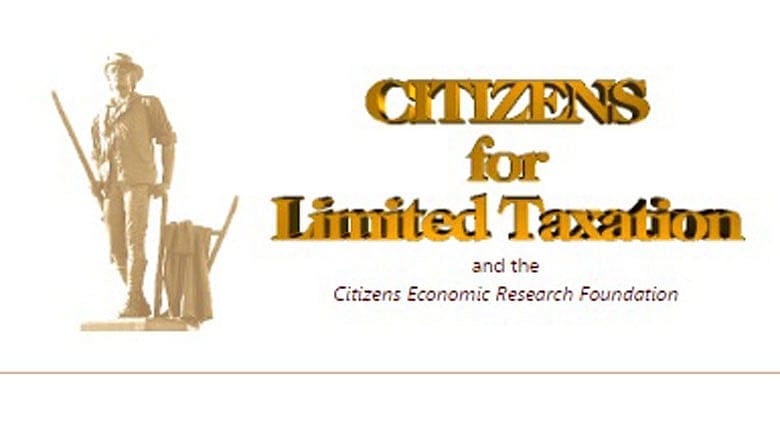In praise of Barbara Anderson

— Written by Michael Gendre and Nicolas Sanchez
In the recent book that we jointly wrote, "Aligning Values and Politics: Empowerment versus Entitlement" (University Press of America, 2016), we mention Barbara Anderson as the very first person deserving of our gratitude and acknowledgment. We did so for two reasons. The ideas in the book were fomented and developed in the forum Citizens for Limited Taxation, which she helped create; but far more importantly Barbara took both a principled and a pragmatic approach to problem-solving, demanding that people not just diagnose problems, but come up with the policies that help solve those problems. Barbara defined herself as an "owl" (old wise libertarian) whose first allegiance was to the U.S. Constitution, including the power that individuals and the states retained under that document. We illustrate below some consequences of this attitude.

